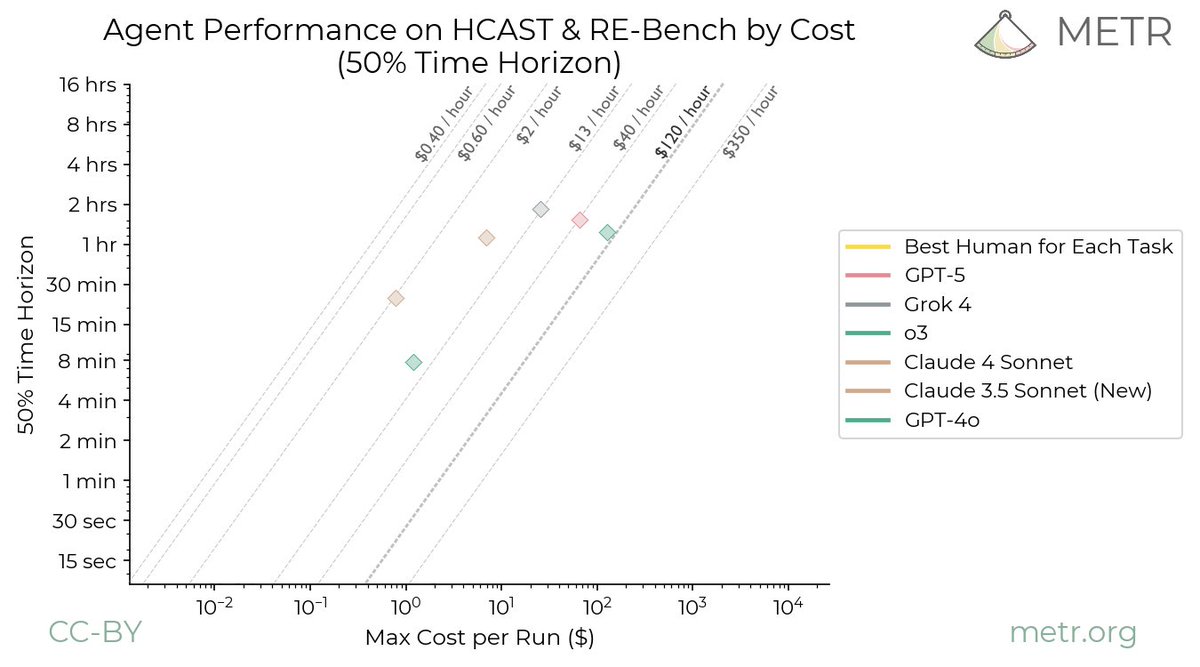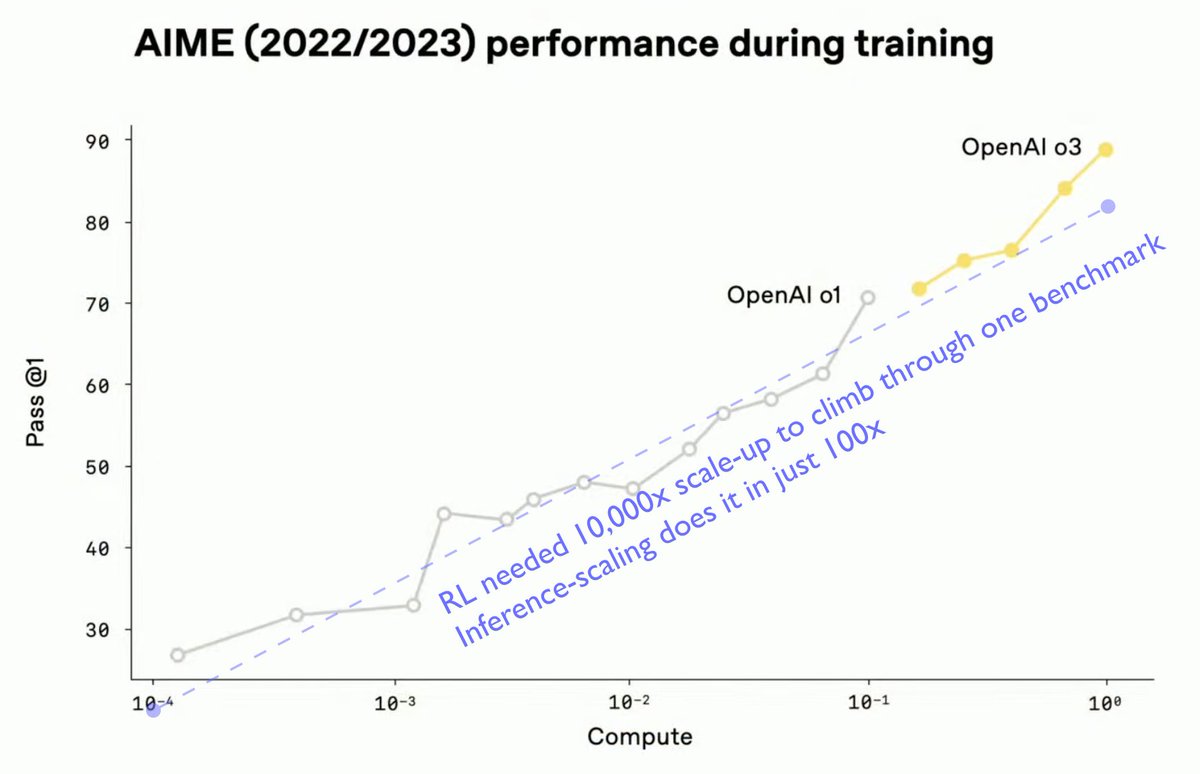What is moral uncertainty?
Philosophers seek objective principles or theories that tell us how we should act. They come up with candidates and debate which ones (if any) are best. This is thought to help a conscientious person act rightly. But it neglects moral uncertainty.
1/11
Philosophers seek objective principles or theories that tell us how we should act. They come up with candidates and debate which ones (if any) are best. This is thought to help a conscientious person act rightly. But it neglects moral uncertainty.
1/11
People tend to consider the principles and theories and choose the one they find best overall, acting as if we they certain of it. This would be fine if the process of moral philosophy were over and we knew the right answers, but we aren’t there yet…
2/11
2/11
Instead, we each face moral uncertainty: we aren't 100% sure of any one answer. We might have our favourites, but we are aware that all theories give counterintuitive advice in some cases, and some very smart people disagree with our choices.
3/11
3/11
Simply acting as if you were 100% certain of your leading theory is an approach to moral uncertainty that has become known as My Favourite Theory (MFT). Once we have explicitly formulated it, we can easily see how it can go wrong.
4/11
4/11
For example, what if you had very little credence in any individual theory? Let’s say one is twice as plausible as any other, but there are many contenders (e.g. 20% credence in one and 10% in eight others).
5/11
5/11
Now suppose you face a choice and your favourite theory says A is right and B is wrong, while all the others say the reverse. MFT leads you to choose an act you believe is 80% likely to be wrong, (when an alternative is only 20% likely to be wrong).
6/11
6/11
My Favourite Theory is actually very similar to the First Past the Post voting system — both in terms of where it goes wrong, and that it is a system that seems obvious at first, but holds up badly once you consider alternatives.
7/11
7/11
There are many alternative approaches to acting under moral uncertainty. Unlike MFT many of these are sensitive to what the non-favourite theories say. e.g. do the act that has the greatest chance of being right.
8/11
8/11
After a lot of thought, I think the best approach is something like how we deal with regular uncertainty: maximising the expected ‘choiceworthiness’ (the degree to which that act is to be preferred to others according to a moral theory).
9/11
9/11
But there are many new challenges in applying this principle: such as when there is no obvious way to compare choiceworthiness between theories. So the full account has to explain how to best deal with such challenges.
10/11
10/11
My new book with @willmacaskill and Krister Bykvist, Moral Uncertainty, develops such an account and explores its practical upshots.
moraluncertainty.com
11/11
moraluncertainty.com
11/11
• • •
Missing some Tweet in this thread? You can try to
force a refresh







